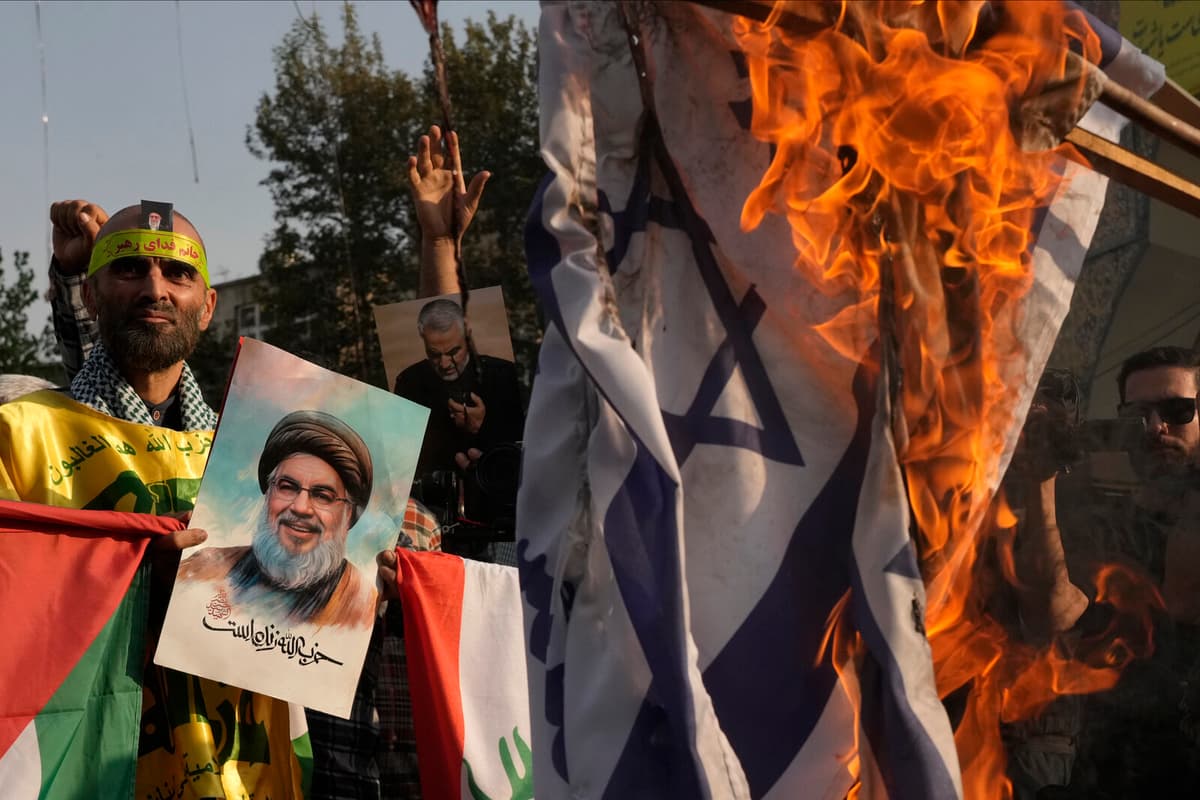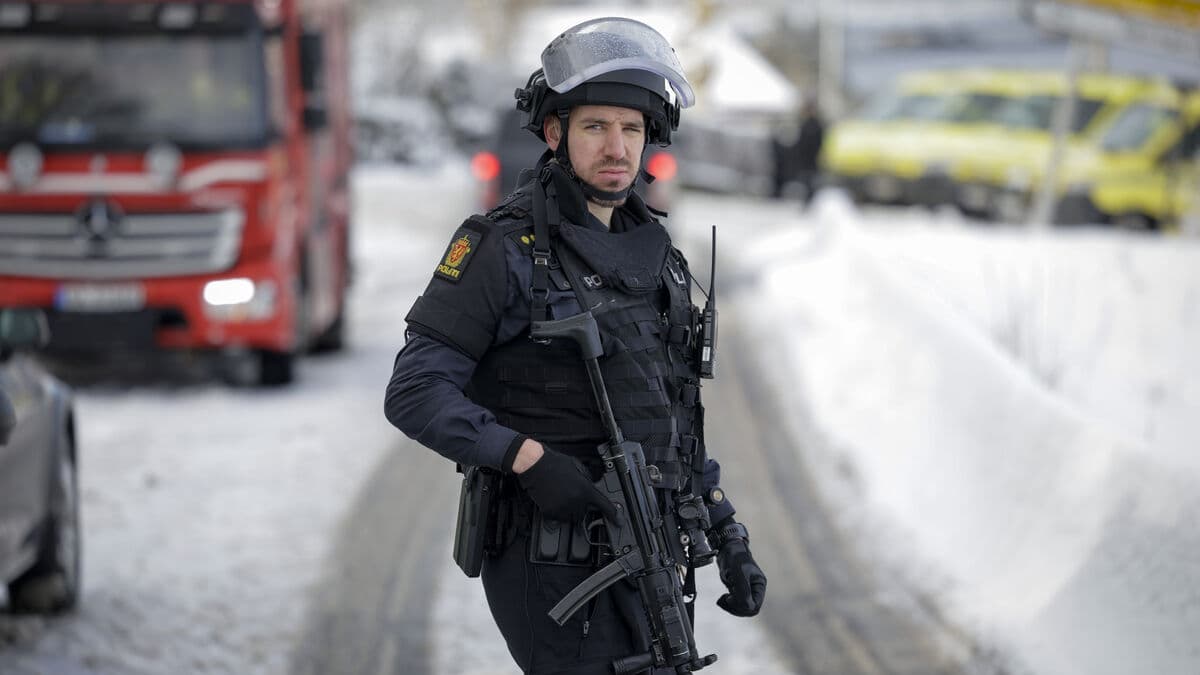With military forces and militias that in practice surround archenemy Israel, the regime in Tehran has for many years been able to pursue an aggressive policy without risking a larger conflict on home soil.
But it is about to change.
Iran's activities abroad are best described as asymmetric warfare and include terrorist attacks, kidnappings, espionage, and above all, support to militias that are trained, armed, and financed by Iran.
In this way, the Islamic Republic's power has grown in line with the instability in the region – such as the US war in Iraq and the Arab Spring with the subsequent Syrian war – which has opened up opportunities, for example, for Iranian arms deliveries.
The crown jewel in the network is the Shia militia Hezbollah, which Iran helped establish as early as 1982 when southern Lebanon was under Israeli occupation.
The Goal: To Annihilate Israel
Iran's allies can be divided into two different branches: the ideological, who often share the regime's Shia Muslim faith, and the tactically allied who cooperate with Iran because they share a common enemy.
The most important regional goal for Iran has been to annihilate Israel since the Islamic Republic was established, says Saeid Golkar, lecturer in political science and Iran expert, affiliated with several international think tanks.
But when the region's conflicts are now being played out with "conventional" warfare – with state actors attacking openly – the Iranian network is wavering.
They are not designed for conventional warfare, says Golkar.
In Gaza, the tactically allied Hamas' military activities have practically been dismantled by Israel.
The heavily armed Hezbollah, capable of inflicting significant damage on Israel from its positions on the border, has often been described as a kind of "insurance" for Iran. But the Shia militia has been severely weakened by the near-total elimination of its top leadership and the destruction of large parts of its weapons depots.
As the war is now raging in Lebanon, where the Shia Muslim population has been one of Iran's strongest supports in the region, Tehran lacks the means to rebuild the destroyed villages and gain influence through aid efforts, which Iran has done during previous wars.
Israel has also struck at the roads and tunnels in Syria that Iran, thanks to its support for dictator Bashar al-Assad, has been able to use to smuggle weapons to its allies.
At the same time, the US is bombing weapons depots and other targets in Yemen, belonging to the Iran-backed Houthi militia.
"Significant Setback"
The recent losses are estimated to take many years to rebuild.
One can conclude that it is a significant setback for Iran's influence, says Erika Holmquist, researcher at the Total Defence Research Institute (FOI) with a focus on Iran.
And without the armed movements and militias capable of functioning as a deterrent, the risk of a direct confrontation between Israel and Iran increases, according to Holmquist.
The conflict has already led to Iran firing rockets at Israel from Iranian soil for the first time – twice.
During the night between Friday and Saturday, Israel also attacked targets inside Iran, in response to the Iranian attacks. The operations are not considered "escalating" but are still a clear signal that Israel is prepared to attack targets inside Iran.
The regime in Tehran is aware that Iran would likely lose a full-scale war against Israel with the US in the background – and would probably avoid it at all costs.
They are afraid that a war will lead to mass uprisings that will lead to the collapse of the Islamic Republic, says Saeid Golkar.
Iran's military activities abroad often take place through the so-called Revolutionary Guard, whose secretive special unit Quds is responsible for "spreading the Islamic revolution" abroad.
The Quds force can be described as the spider in the military network that Iran has woven in the region. It was established during the war between Iran and Iraq in the 1980s, but developed over the decades to act more offensively in more countries, such as Syria, Lebanon, and Yemen.
The Revolutionary Guard, and the military units that are part of it, are not part of Iran's national military.
It was founded shortly after the Islamic Revolution in 1979 because Iran's highest leader did not trust that the military that the deposed monarch had controlled would protect the new theological government, which is one of the Revolutionary Guard's primary tasks.






